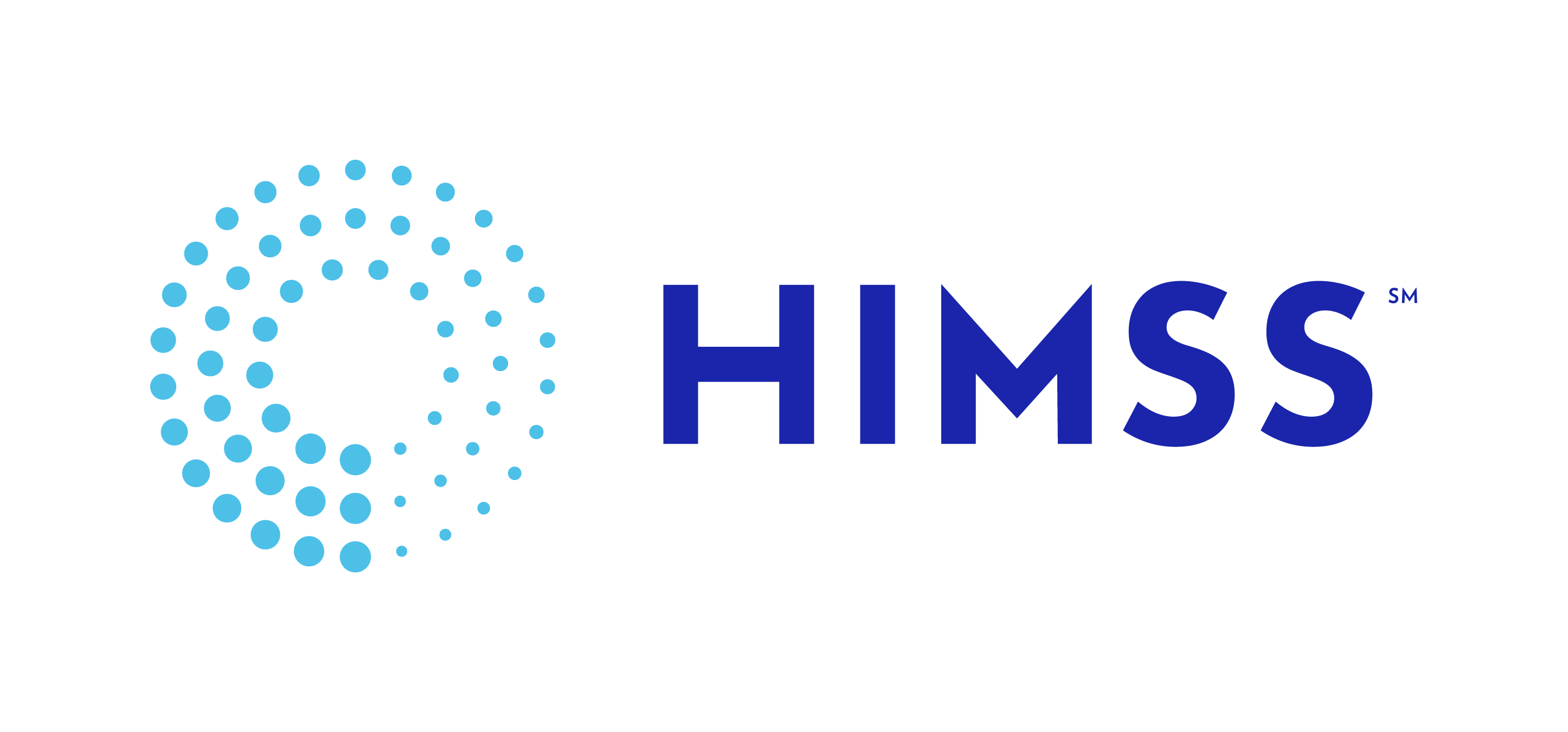Exploring Blockchain Value
Key Bridge Marriott, Rosslyn, VA
1401 Lee Highway, Arlington, Virginia 22209 ~ Blue & Orange Metro Line
Registration Rates:
Early Bird Ends: January 5, 2019
Early Bird Member: $55
Early Bird Non-Member: $65
General Rate Ends: January 12, 2019
General Rate Member: $60
General Rate Non-Member: $70
Late/At the Door Rate - Member: $75
Late/At the Door Rate - Non-Member: $85
Tentative Agenda:
5:30 pm to 6:20 pm Networking with refreshments
6:20 pm - Chapter announcements & Program
Registration
Program Lead: Mark Hurkamp
As a catalyst for innovation, blockchain technology enables a system of independent actors—patients, healthcare providers and payers—to share and trust a record of digital assets, transactions and information. Offering the potential to disrupt and transform existing business models, blockchain shares data across all participants, rather than a single organization owning and maintaining all the data. The distributed nature of blockchain reduces the risk of data loss or corruption through single-points-of-failure and data fragmentation disparities. Even if an attack were to occur, the tamper-evident nature of a blockchain increases transparency to actions taken by bad actors.
The disruptive nature of blockchain and its impact on federal healthcare makes it critical to understand how we can best apply this important new technology over its evolutionary journey from acceptance to implementation. Blockchain technology, like the internet itself, has a built-in robustness. The fundamental strengths of a blockchain system lie in its data integrity and networked immutability – a key aspect in countering integrity-based cyber-attacks. The open, transparent, peer-to-peer exchange of information represented by blockchain-based healthcare systems holds enormous promise to address large-scale business challenges in the federal space. In the January panel, HIMSS NCA will bring together a group of government experts to share their perspectives. They will address the core technology, federal health use cases, and security. They will answer:
- What is blockchain technology and how can we separate the blockchain hype cycle and talk track from reality?
- Is blockchain a magic bullet that will solve emerging healthcare business problems including interoperability and big data?
- What are realistic blockchain-based healthcare use cases? What is the path forward to further adoption?
- What are the critical success factors for successful blockchain implementation?
- Should Congress create a federal safe harbor for individuals and firms operating on open blockchain networks and how would such legislation or regulation impact development?
- How might blockchain enhance patient privacy, data access, and security through public and private keys?
- Who will create the standards and frameworks for blockchain governance?
Panelists:
Jose Arrieta, Associate Deputy Assistant Secretary for Acquisition, U.S. Department of Health and Human Services (HHS) (Confirmed)
Roger Boodoo, MD, Commander, U.S. Navy, Radiology and Clinical Informatics, Defense Health Agency (DHA) (Confirmed)
Debbie Bucci, IT Architect, Office of Standards and Interoperability, Office of the National Coordinator for Health IT, U.S. Department of Health and Human Services (HHS) (Confirmed)
Orlando Lopez, PhD, Director, Dental Materials & Biomaterials Program, National Institute of Dental and Cranio Facial Research, National Institutes of Health (NIH) (Confirmed)
Moderator:
- Emily Mitchell, Senior Manager, Accenture Federal Services and Member, HIMSS NCA Program Committee
